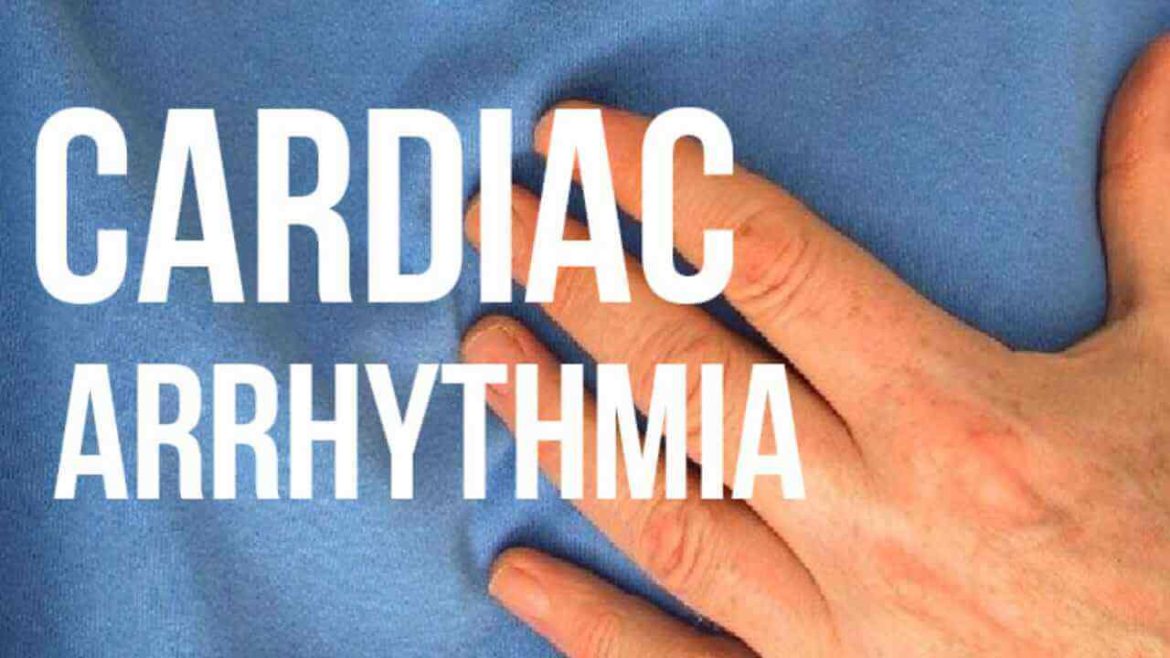Sudden cardiac arrhythmia is a critical condition that affects the heart’s rhythm, potentially leading to life-threatening consequences if not promptly addressed. As a renowned cardiologist, understanding the intricacies of sudden cardiac arrhythmia is paramount in diagnosing and treating patients effectively.
Types of Cardiac Arrhythmias
Cardiac arrhythmias are broadly categorized into two main types: supraventricular arrhythmias and ventricular arrhythmias.
Supraventricular Arrhythmias: These occur above the ventricles and include conditions like atrial fibrillation (AFib), atrial flutter, and paroxysmal supraventricular tachycardia (PSVT). While not always immediately life-threatening, they can lead to complications if left untreated, such as blood clots or heart failure.
Ventricular Arrhythmias: These affect the ventricles and include ventricular tachycardia (VT) and ventricular fibrillation (VF). Ventricular arrhythmias can be life-threatening, leading to sudden cardiac arrest if not managed promptly.
see also: Can Indigestion Cause Heart Arrhythmia?
Understanding Sudden Cardiac Arrhythmia
Sudden cardiac arrhythmia specifically refers to instances where a previously healthy individual experiences a sudden onset of an irregular heart rhythm, often leading to loss of consciousness or sudden cardiac arrest. This condition is particularly concerning as it can occur without warning, even in individuals with no prior history of heart problems.
Causes And Risk Factors
Several factors contribute to the development of sudden cardiac arrhythmia:
Underlying Heart Conditions: Individuals with pre-existing heart conditions such as coronary artery disease, heart failure, or structural heart abnormalities are at higher risk.
Electrolyte Imbalances: Abnormal levels of potassium, magnesium, or calcium can disrupt the heart’s electrical signals.
Drug Interactions: Certain medications or illicit drugs can trigger arrhythmias, especially if not taken as prescribed.
Genetic Factors: Inherited conditions like Long QT syndrome or Brugada syndrome can predispose individuals to arrhythmias.
Lifestyle Factors: Smoking, excessive alcohol consumption, stress, and a sedentary lifestyle can also contribute to arrhythmia development.
Symptoms of Sudden Cardiac Arrhythmia
The symptoms of sudden cardiac arrhythmia can vary widely but may include:
Palpitations or a rapid heartbeat
Dizziness or lightheadedness
Shortness of breath
Chest pain or discomfort
Loss of consciousness (syncope)
Sudden cardiac arrest (unresponsive, no pulse, no breathing)
Diagnosis And Treatment
Diagnosing sudden cardiac arrhythmia often involves a combination of medical history review, physical examination, electrocardiogram (ECG/EKG), Holter monitoring, and other cardiac tests like echocardiography or electrophysiology studies.
Treatment strategies aim to restore and maintain a normal heart rhythm while addressing underlying causes. Depending on the severity and type of arrhythmia, treatment options may include:
Medications: Antiarrhythmic drugs to regulate heart rhythm.
Cardioversion: Electrical shock therapy to reset the heart’s rhythm.
Implantable Devices: Such as pacemakers or implantable cardioverter-defibrillators (ICDs) to monitor and correct irregular heartbeats.
Catheter Ablation: A procedure to destroy abnormal heart tissue causing the arrhythmia.
Lifestyle Modifications: Including dietary changes, exercise plans, and stress management techniques.
Prevention And Risk Reduction
Preventing sudden cardiac arrhythmia involves addressing modifiable risk factors and maintaining a heart-healthy lifestyle.
This includes:
Regular exercise and physical activity
Healthy diet low in saturated fats, salt, and sugar
Avoiding tobacco and excessive alcohol consumption
Managing stress and seeking support for mental health issues
Regular medical check-ups and screenings for heart disease risk factors
Adhering to prescribed medications and treatment plans
Conclusion
Sudden cardiac arrhythmia is a complex and potentially life-threatening condition that requires prompt diagnosis, intervention, and ongoing management. As a cardiologist, staying abreast of advancements in arrhythmia management and educating patients about heart health are crucial steps in improving outcomes and reducing the impact of sudden cardiac events.
FAQs
Is sudden cardiac arrhythmia a heart attack?
Sudden cardiac arrhythmia is not the same as a heart attack. A heart attack (myocardial infarction) occurs when blood flow to a part of the heart muscle is blocked, leading to tissue damage. Sudden cardiac arrhythmia refers to irregular heart rhythms that can cause sudden cardiac arrest but may not involve a blockage in the arteries.
How to avoid sudden cardiac death?
To reduce the risk of sudden cardiac death:
Maintain a healthy lifestyle with regular exercise and a balanced diet.
Avoid smoking and excessive alcohol consumption.
Manage stress effectively and seek support for mental health issues.
Monitor and control high blood pressure, diabetes, and cholesterol levels.
Follow prescribed medications and treatment plans for heart conditions.
Learn CPR (cardiopulmonary resuscitation) and encourage others to do so.
How to avoid a sudden heart attack?
While sudden heart attacks can be challenging to predict, you can lower your risk by:
Adopting a heart-healthy diet low in saturated fats, salt, and sugar.
Engaging in regular physical activity and maintaining a healthy weight.
Quitting smoking and avoiding exposure to secondhand smoke.
Managing chronic conditions like high blood pressure, diabetes, and high cholesterol.
Monitoring and addressing stress through relaxation techniques or counseling.
Regularly visiting your healthcare provider for check-ups and screenings.

